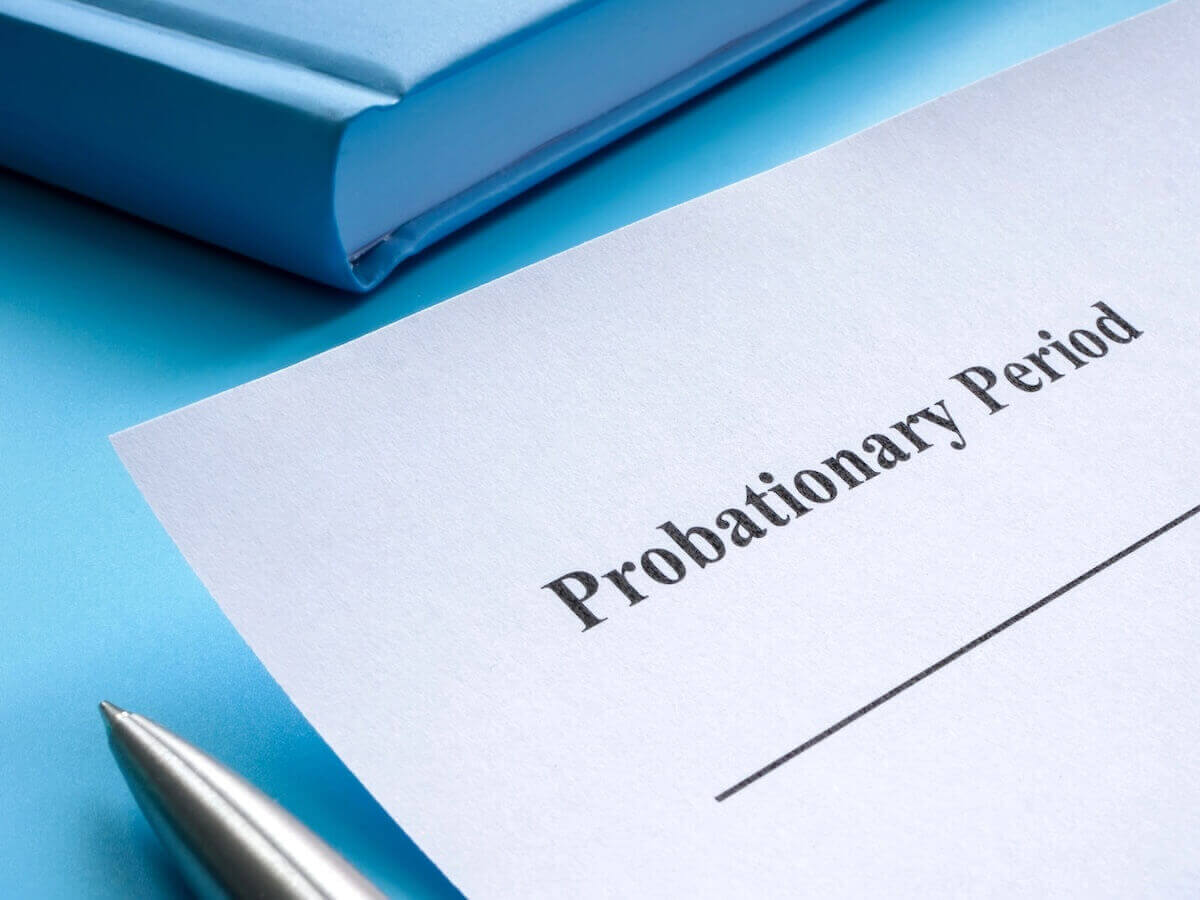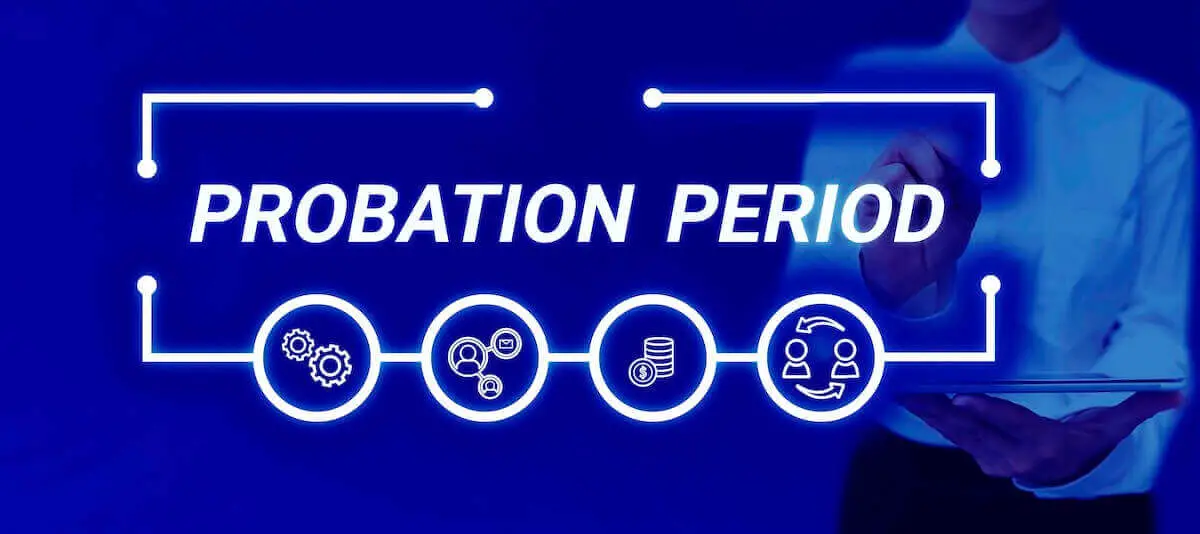Two new bills have been introduced to assist and protect federal employees. The bills are a response to the Trump administration’s efforts to reduce the size of the federal workforce as a means to shrink the government and reduce federal spending.
Both of the bills were introduced by Congressman Don Beyer (D-VA). He represents a district in northern Virginia that is home to many federal employees.
The first bill is called the Restoring Employment and Hiring Incentives for Removed Employees (REHIRE) Act (H.R. 3093). The intent of the legislation is to make it easier for recently terminated federal employees to be rehired by the government by making them eligible for competitive service appointments and giving them five additional points under 5 U.S. Code § 3309. The provisions of the legislation would apply to federal employees involuntarily removed from the civil service between January 1, 2025, and January 1, 2027.
The second bill is the Probationary Reduction for Employee Protections (PREP) Act (H.R. 3094). It would make reforms to probationary periods as a means of offering more protections to probationary federal employees.
A federal government probationary employee is typically a new federal employee, although not always. This probationary period serves as an evaluation period, usually lasting for one year, but sometimes extending up to two years.
It marks the culmination of the hiring process, with the primary objective of assessing an employee’s performance, conduct, and suitability for permanent federal employment. During this period, supervisors evaluate whether the employee will be able to successfully perform the job requirements before they are granted the employment protection process typically afforded to career federal employees.
This means it is often easier to fire probationary federal employees than regular career federal employees. This was one strategy the Trump administration used when terminating thousands of probationary federal employees. Beyer wants to prevent this from happening again.
The PREP Act would standardize under law the length of the probationary period to 1 year for new hires and 6 months for non-new hires. Beyer says that by standardizing the probationary period it will provide clarity to agencies with probationary periods standards within the competitive service and eliminate agency discretion from retroactively reclassifying permanent employees as probationary at the executive’s whim.
He said in a statement:
Donald Trump and Elon Musk are doing unprecedented damage to the federal workforce and the services they provide which the American people depend on. Congress should lose no time in working to repair that damage and pass laws to stop it from happening again. My bills would pave the way to rehire many of the federal workers who devoted their careers to serving the American people, and bringing their essential expertise and experience back to public service. They would also make reforms that would prevent future mass purges like those employed by Trump and Musk, by clarifying and codifying protections in law. Congress allowed this disaster to happen, and Congress must lead in fixing it.
On April 24, President Trump issued an Executive Order called Strengthening Probationary Periods in the Federal Service which makes significant changes to the probationary and trial periods for federal employees. It aims to improve the effectiveness of probationary periods for federal employees by requiring agencies to affirmatively certify an employee’s suitability for permanent status. It also clarifies probationary and trial periods, enhances the evaluation process, and streamlines the appeals process.
The Office of Personnel Management (OPM) issued guidance shortly thereafter to spell out how the changes would be implemented. OPM’s guidance cites legislative authority to allow agencies to terminate probationary employees for reasons unrelated to performance or conduct, including operational needs. The guidance outlines four factors agencies should consider when assessing continued employment, including performance, agency needs, and organizational goals.
Given the legal challenges that have arisen over the Trump administration’s use of the probationary period, it is an issue that is likely to not be fully sorted out for some time.



